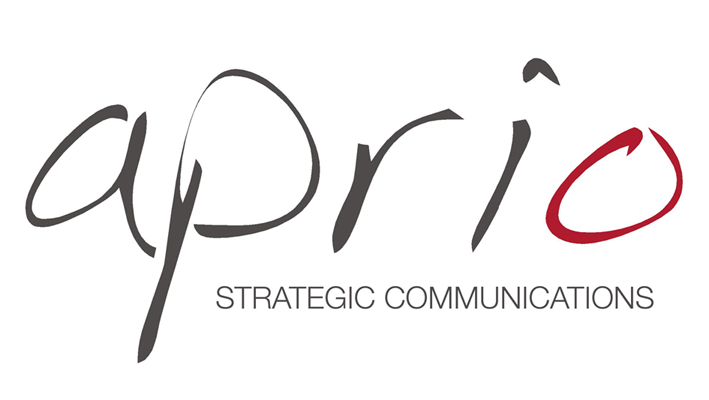Social media has grown from a curiosity to an integral piece of corporate strategy in the space of only a few years. Nearly overnight, companies have brought on whole teams of specialists to handle multiplying numbers of social media accounts.
On the one hand, this has enabled companies to connect with clients and employees in brand new ways. With that growth, however, has come some serious challenges. Rogue tweets, off-message posts, hacked accounts and general confusion seem to be multiplying all the time.
Take for example the recent PR disaster experienced by global music retail chain HMV, when a disgruntled ex-employee took to the company’s official Twitter account to vent her frustrations to 70,000 followers around the globe. “We’re tweeting live from HR where we’re all being fired! Exciting!! #hmvXFactorFiring,” went the first in a string of damaging public rants.
To make matters worse, many of these highly publicized gaffes will continue to live on in social media infamy, becoming examples of what not to do and leaving PR teams scrambling to repair damages for a very long time.
So is there a way for businesses to avoid social media meltdowns? Well, until recently, not really. Collaboration and security features on social media sites were limited or nonexistent. Interns, CEOs, interns and marketing pros posted and tweeted in a social media free-for-all. Departments couldn't collaborate. One wrong click could spell a PR crisis. Staying on message was like herding cats.
But, finally, that's changing. For example, my company, HootSuite, continues to develop some very serious tools aimed expressly at business collaboration. They promise to restore a semblance of order to sprawling social media departments. By bringing all company social profiles into one central dashboard, managers can ensure messages are aligned and approved before publication—and no one drops an F-bomb while on company time. Flexible permissions restrict who can post what to which accounts—from the CFO right down to the summer intern. Back-end sharing means messages aren't duplicated by different departments. Social media squads can organize organically by department, posting to Twitter, Facebook and other networks as a unit.
These changes represent a fundamental shift in how social media is being used. The planet's largest companies are integrating Twitter, Facebook and other networks into every aspect of their operations. This means that very visible brands are more vulnerable than ever to damaging social media PR disasters. To avoid such catastrophes, companies—at the very least—must stay on top of the latest security tools available to them.

No comments:
Post a Comment